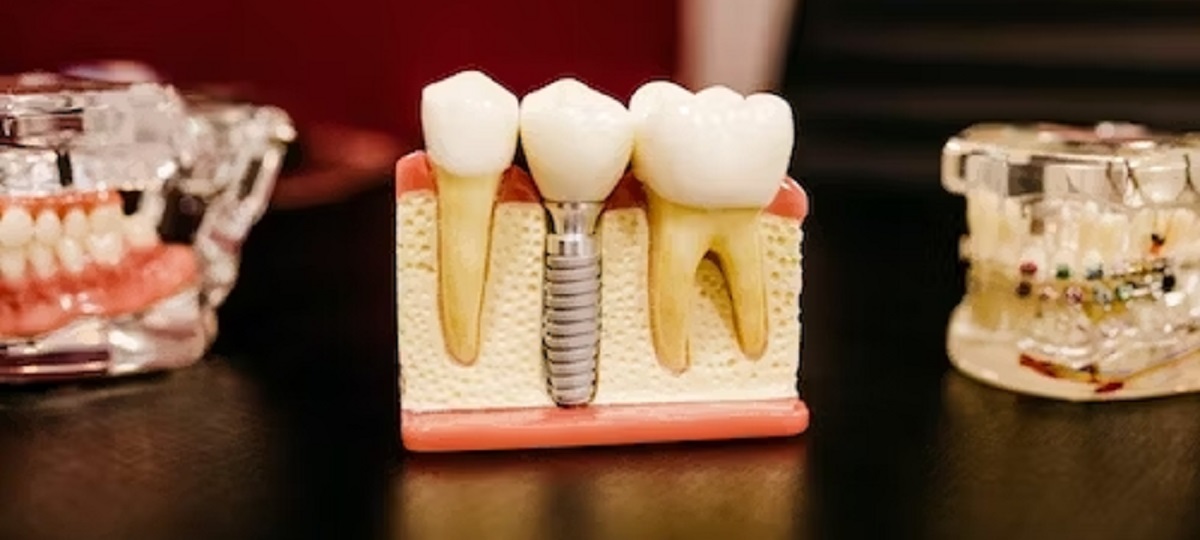Dealing with a loose tooth can be quite uncomfortable and worrisome. Whether it’s due to an injury, gum disease, or other factors, a loose tooth can cause pain and anxiety. While it’s always recommended to seek professional dental advice, there are several at-home methods you can try to tighten a loose tooth before your dental appointment.
Understanding the Causes of a Loose Tooth
Understanding the potential causes of a loose tooth is crucial before looking at home cures. Typical reasons include
- Gum Disease: Gingivitis and periodontitis can lead to gum inflammation and weakening of the tooth’s supporting structures.
- Poor Oral Hygiene: Inadequate brushing and flossing can result in bacterial buildup, which can erode the surrounding bone.
- Accidents or Trauma: A fall or blow to the face can loosen a tooth from its socket.
- Bruxism: Teeth grinding can place excessive pressure on teeth, causing them to become loose over time.
- Pregnancy: Hormonal changes during pregnancy can affect the integrity of the gum and bone tissues.
Home Remedies to Tighten a Loose Tooth
- Saltwater Rinse:A saltwater rinse can help battle germs and lessen irritation near the loose tooth. Warm water with half a teaspoon of salt added should be swished around your mouth for 30 seconds. Do this frequently throughout the day for optimum results.
- Oil Pulling: Oil pulling involves swishing oil (such as coconut oil) in your mouth to remove toxins and reduce bacteria. Take a tablespoon of oil and swish it around for 15-20 minutes before spitting it out. This practice may promote gum health and provide relief.
- Green Tea Mouthwash:Green tea is known for its antioxidant and anti-inflammatory qualities. Green tea may be used as a mouthwash after being brewed and cooled. 30 seconds of gargling followed by spitting it out. This may assist in lowering gum irritation.
- Cold Compress: If your tooth became loose due to an injury, applying a cold compress to the affected area can help reduce swelling and alleviate pain. Wrap ice in a cloth and apply it to the outside of your mouth for 15 minutes.
- Turmeric Paste: Turmeric has natural anti-inflammatory and antimicrobial properties. Create a paste using turmeric powder and water, apply it to the loose tooth, and let it sit for a few minutes before rinsing. Turmeric can smear on clothes, so use caution.
- Clove Oil: Clove oil contains eugenol, which has pain-relieving and antiseptic properties. Apply a small amount of clove oil to a cotton ball and place it near the loose tooth for temporary relief. Avoid direct contact with the gum.
DIY Techniques for Tooth Stabilization
- Orthodontic Wax: Applying orthodontic wax around the loose tooth can provide temporary stability and prevent it from moving further.
- Tea Bag Compress: Moistened tea bags, especially black tea, contain tannins that might help reduce inflammation and tighten the gum tissue around the loose tooth.
- Clove Oil: Clove oil has natural analgesic and antiseptic properties. Applying a small amount to the affected area can alleviate pain and discomfort.
Preventive Measures for Tighten a Loose Tooth
A loose tooth may frequently be avoided by forming specific routines and behaviors that improve oral health in general. These preventative steps may be included into your everyday routine to help you keep teeth that are strong and stable.
Using a Mouth guard for Bruxism
Teeth that are subjected to extreme pressure from teeth grinding, also known as bruxism, may become unstable over time. Consider using a mouth guard to prevent this. To lessen the impact of teeth grinding, you can wear a mouth guard over your teeth, usually at night. It serves as a buffer, minimizing the force applied to your teeth and avoiding unneeded wear. This can greatly reduce the possibility of your teeth becoming loose as a result of bruxism.
Regular Dental Check-ups
Maintaining the best oral health requires scheduling routine dental exams. A loose tooth may be caused by gum disease, cavities, or other dental problems that dentists may spot early. They may offer thorough cleanings, respond quickly to issues, and give you individualized guidance on how to properly care for your teeth. You can stop situations that can result in tooth instability from developing by identifying and treating issues as soon as they arise.
Avoiding Excessive Force on Teeth
It’s crucial to pay attention to how you utilize your teeth. Avoid using them to forcefully open bottles, split nuts, or carry out other actions. In addition, avoid biting down on hard items like ice or pens because doing so might eventually compromise the structure of your teeth. You may preserve your teeth’s stability and lessen the possibility of them becoming loose by taking care of them gently and avoiding needless strain.
Maintaining a Balanced Diet
A balanced diet is essential for fostering healthy gums and teeth. Foods high in vital minerals, including calcium and vitamin D, support healthy teeth generally and strong tooth enamel. Include dairy foods, leafy greens, lean proteins, and fruits in your diet to provide your teeth the nutritional foundation they need to be strong. Avoid eating sugary and acidic foods in excess as they can cause gum disease and tooth decay, both of which can lead to loose teeth.
When to Seek Professional Help
It’s important to keep in mind that while these DIY solutions could offer short-term comfort, they don’t deal with the root reasons of a loose tooth. Consult a dentist right away if your tooth is still loose or if the situation gets worse. Professional dental care can pinpoint the underlying issue and suggest the best courses of action.
Conclusion
While a loose tooth might be unsettling, you can attempt these DIY solutions to help stabilize it if you take the right precautions. Keep in mind that these techniques are not a replacement for expert dental guidance. If your loose tooth continues, consulting a dentist can ensure that you get the treatment you need to improve your dental health.
